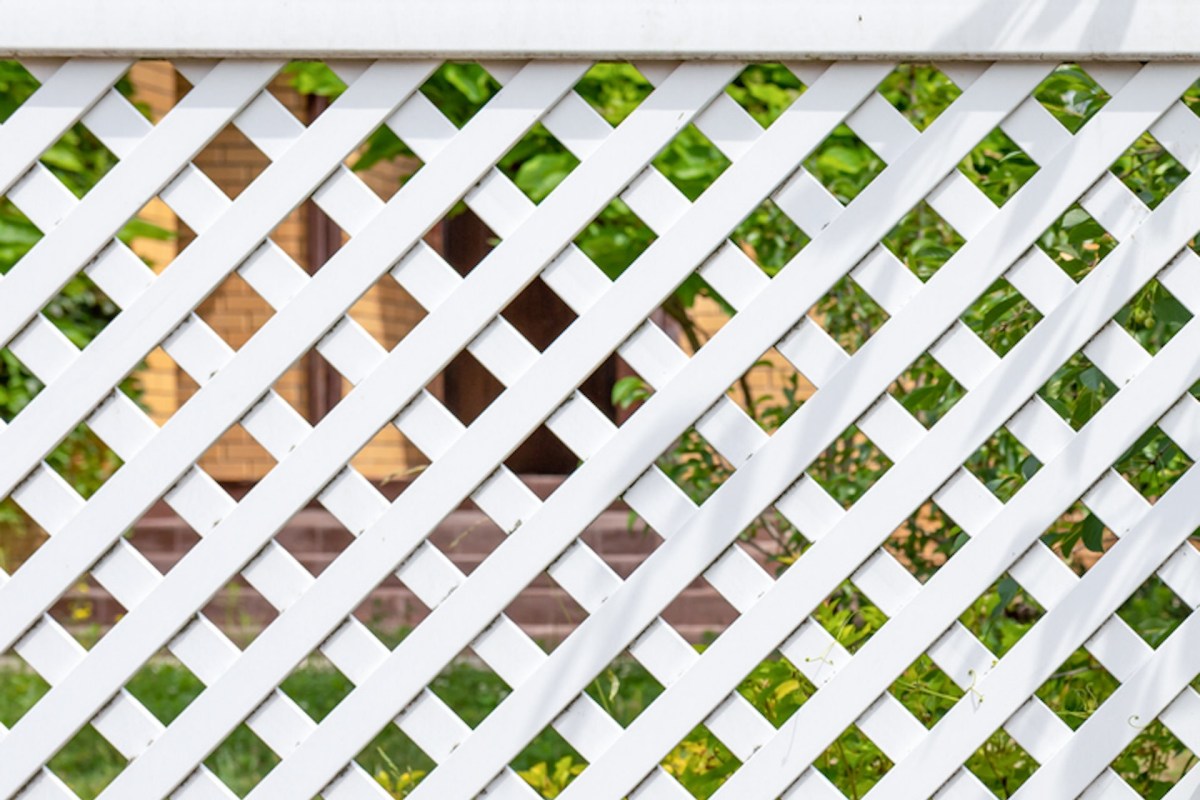Seeking a natural solution to provide a little seclusion for your home is an understandable desire, as it will likely be cheaper, more attractive, and better for biodiversity than a standard wooden fence.
But one gardener has been given some dire warnings about one potential option, which they would soon come to regret.
"How invasive is bamboo?" they asked on the r/gardening subreddit. "I want to plant along a fence line for privacy."
In no time at all, the comments section was full of fellow green-fingered individuals telling them to avoid the large grass species at all costs.
"Once you plant it, you will absolutely never get rid of it," one Redditor said, with another adding, "On a scale of one to ten, only about 5000."
Finding someone to vouch for bamboo was difficult, and it's not surprising, considering its rapid spread and potential to crowd out other plant life.
According to the University of Maryland, several species of running bamboo are invasive in the United States.
"Extremely vigorous growth and resilience despite control efforts make it undesirable and a challenge to address," the university's website reads.
Not only will it run rampant in your own garden, but it's likely it will spread to other gardens in the neighborhood and grow there, too. It's an easy way to become very unpopular in your community.
To get rid of the plant without using chemicals, you'll need to physically remove as much of it as possible. The success you'll have doing so depends on the type of bamboo you have, with underground rhizomes said to be the most difficult as they can grow 100 feet or more in any direction. Herbicides should only be used as a last resort.
The University of Maryland recommends native plants as worthy replacements for the undesirable species, with broadleaf evergreens or conifers a potential solution for our Redditor, depending on where they live.
"Use pittosporum silver sheen instead," one commenter recommended. "Not invasive, grows 2ft/year, gets up to 18-20ft high, not a solid bush like boxwood, instead it allows filtered light through."
"Make sure that you are not planting Japanese Knotweed," another warned. "Emphasizing not!!"
Join our free newsletter for easy tips to save more, waste less, and help yourself while helping the planet.









